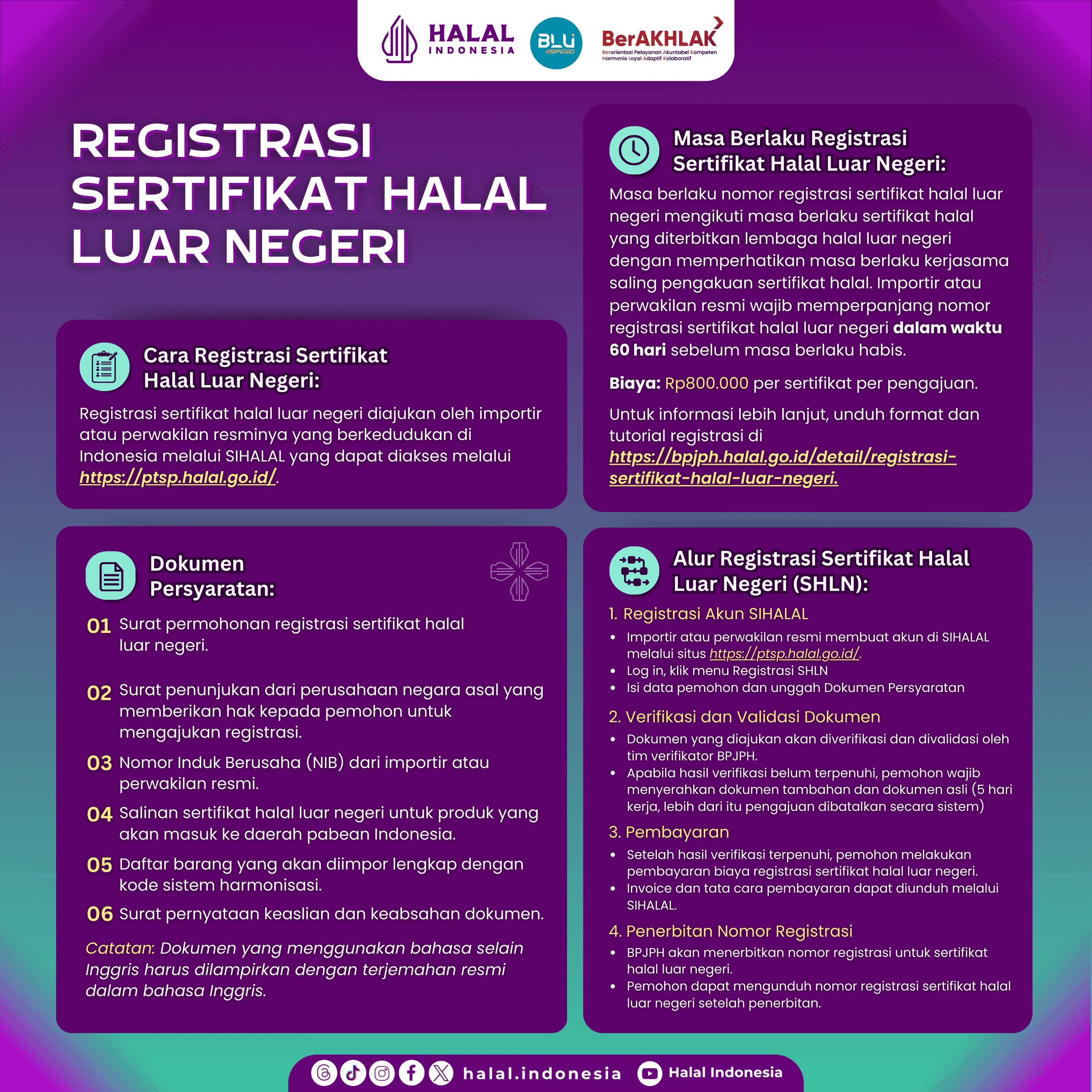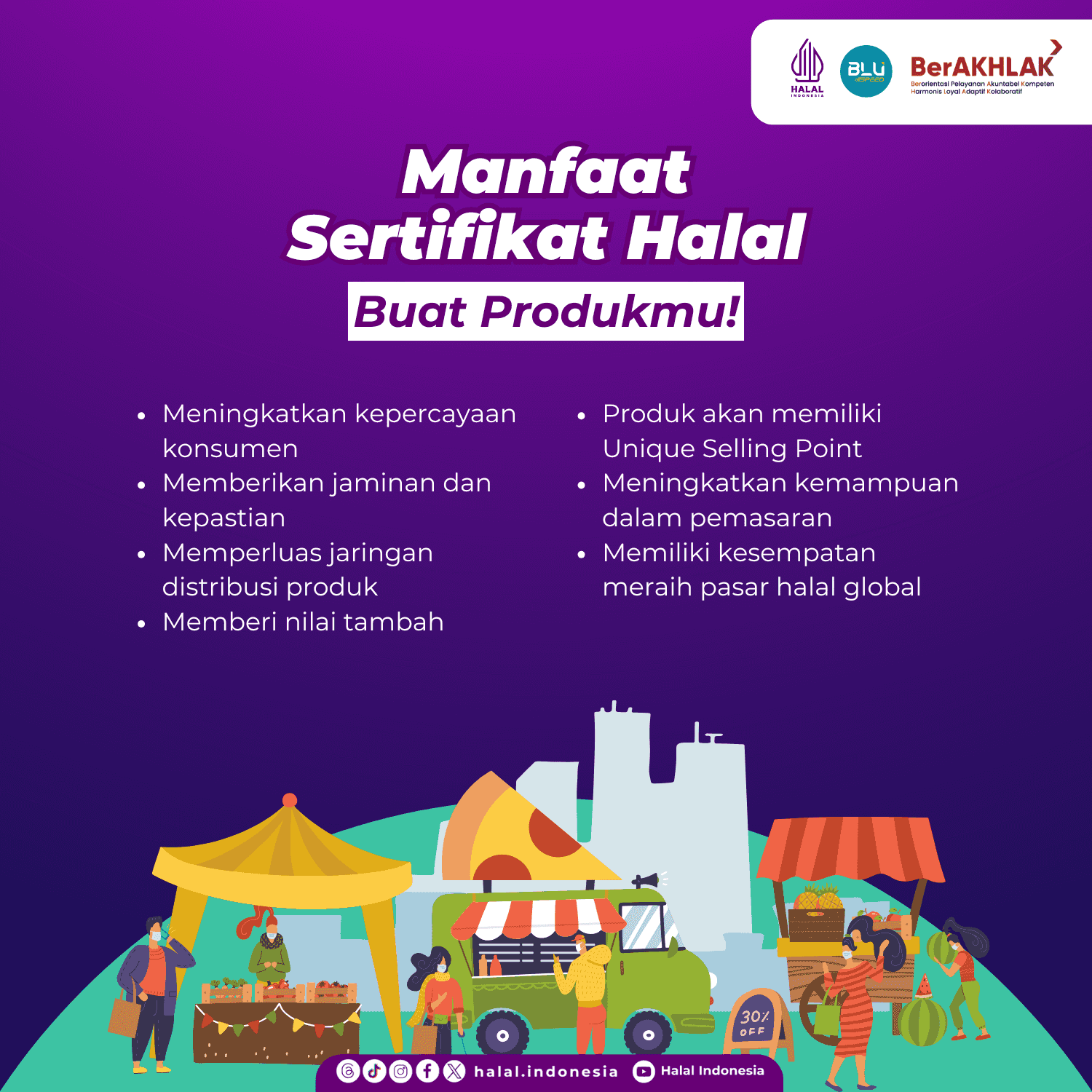Halal Origin: The Ultimate Guide To Understanding The Roots And Significance
Have you ever wondered where the concept of Halal Origin actually comes from? It's not just about food—it’s a way of life that millions around the globe adhere to. From religious practices to cultural traditions, understanding Halal Origin opens up a world of knowledge that connects faith, ethics, and daily living. In this article, we’ll dive deep into the roots of Halal Origin, its significance, and how it impacts modern life. So buckle up, and let’s get started!
Halal Origin is more than just a buzzword—it’s a guiding principle that governs the lives of many Muslims worldwide. But what exactly does it mean? Is it only about dietary laws, or does it encompass broader aspects of life? We’re here to break it down for you in a way that’s easy to digest—pun intended.
This guide isn’t just for those who practice Islam; it’s also for anyone curious about the cultural and religious practices that shape our global community. Whether you’re exploring Halal Origin for personal reasons or simply out of curiosity, you’re in the right place. Let’s unravel the mysteries together!
- Unveiling The Magic Of Hindi Web Series A Mustwatch Experience
- Sahu Viral Video The Phenomenon Thats Got Everyone Talking
What Exactly is Halal Origin?
Let’s start with the basics. Halal Origin refers to the principles and practices that define what is permissible under Islamic law. The word "halal" itself means "lawful" or "permissible," and it applies to various aspects of life, including food, finance, and even personal conduct. But it’s not just about avoiding the forbidden—it’s about embracing the good.
For Muslims, Halal Origin is rooted in the teachings of the Quran and Hadith, which provide clear guidelines on what is allowed and what is not. These guidelines extend beyond food to include business practices, clothing, and even entertainment. It’s a holistic approach to life that emphasizes purity, integrity, and ethical living.
Key Principles of Halal Origin
Here are some of the core principles that define Halal Origin:
- Hdhub4u Your Ultimate Destination For Highquality Entertainment
- Jaime Fanfix Leaks The Ultimate Guide To Understanding And Staying Safe
- Purity: Halal practices emphasize cleanliness and purity in all aspects of life.
- Ethics: Ethical considerations are at the heart of Halal Origin, ensuring fairness and justice in dealings.
- Respect: Respect for life, property, and the environment is a fundamental aspect of Halal living.
- Compliance: Adherence to Islamic law is crucial, ensuring that all actions align with religious teachings.
The Historical Roots of Halal Origin
To truly understand Halal Origin, we need to look back at its historical roots. The concept of halal dates back to the early days of Islam, with its foundations laid in the Quran and the teachings of Prophet Muhammad (peace be upon him). These teachings were not just about food—they were about creating a framework for ethical living.
Throughout history, Halal Origin has evolved, adapting to new challenges and contexts while staying true to its core principles. From the early Islamic empires to the modern world, the concept of halal has remained a guiding light for millions.
How Halal Origin Has Evolved Over Time
The evolution of Halal Origin reflects the dynamic nature of Islamic jurisprudence. As societies changed, scholars and jurists worked to apply the principles of halal to new situations, ensuring that they remained relevant and applicable. This adaptability has allowed Halal Origin to thrive in diverse cultural and social contexts.
The Role of Halal Origin in Modern Life
In today’s globalized world, Halal Origin plays a significant role in shaping the lives of millions. From halal-certified food products to ethical finance, the influence of halal extends far beyond religious boundaries. It’s a lifestyle that resonates with people seeking meaning, purpose, and ethical living.
Modern advancements in technology and globalization have made it easier than ever to access halal products and services. Whether it’s halal meat, halal cosmetics, or halal tourism, the market for halal products is booming, catering to a growing demand for ethical consumption.
The Growing Demand for Halal Products
According to a report by Thomson Reuters, the global halal market is expected to reach $3.7 trillion by 2025. This growth is driven by increasing awareness and demand for halal products, not just among Muslims but also among non-Muslims who value ethical and sustainable practices.
Halal Origin in Food
When most people think of halal, they immediately think of food. And rightly so—halal food is one of the most visible expressions of Halal Origin. But what makes food halal? It’s not just about avoiding pork and alcohol; it’s about the entire process, from sourcing to preparation.
Halal food must be prepared in a way that respects Islamic dietary laws. This includes using specific methods of slaughter, avoiding prohibited ingredients, and ensuring cleanliness and hygiene throughout the process. It’s a commitment to quality and integrity that resonates with consumers worldwide.
Key Features of Halal Food
Here are some of the key features that define halal food:
- Permissible Ingredients: Halal food must be free from prohibited ingredients, such as pork and alcohol.
- Humane Slaughter: Animals must be treated humanely and slaughtered in a way that minimizes suffering.
- Cleanliness: Hygiene and cleanliness are paramount in halal food preparation.
Halal Origin in Finance
Halal Origin isn’t limited to food—it also plays a significant role in the world of finance. Islamic finance, which adheres to halal principles, has gained traction in recent years, offering an alternative to conventional banking practices. It’s a system that emphasizes ethical investing, profit-sharing, and the avoidance of interest (riba).
Islamic banks and financial institutions operate under strict guidelines that ensure compliance with halal principles. This has led to the development of innovative financial products, such as halal mortgages, halal insurance, and halal investment funds.
Benefits of Halal Finance
Here are some of the benefits of halal finance:
- Ethical Investing: Halal finance promotes ethical investing, ensuring that funds are not invested in harmful industries.
- Profit-Sharing: Instead of interest-based lending, halal finance relies on profit-sharing models, fostering a sense of partnership.
- Risk Management: Halal finance emphasizes risk management, ensuring stability and sustainability in financial transactions.
Halal Origin in Fashion
Halal Origin also extends to the world of fashion, where modesty and ethical production are key principles. Halal fashion emphasizes modesty in dress, encouraging individuals to express themselves while adhering to religious guidelines. This has led to the rise of modest fashion, which caters to both Muslim and non-Muslim consumers.
From hijabs to modest swimwear, halal fashion offers a wide range of options that combine style and substance. It’s a growing industry that reflects the diverse needs and preferences of modern consumers.
Trends in Modest Fashion
Here are some of the latest trends in modest fashion:
- Hijabs: Hijabs have become a fashion statement, with designers offering a wide range of styles and colors.
- Modest Swimwear: Modest swimwear allows individuals to enjoy the beach while maintaining modesty.
- Ethical Production: Many halal fashion brands emphasize ethical production, ensuring fair wages and safe working conditions.
Halal Origin in Tourism
Halal tourism is another growing sector that reflects the importance of Halal Origin in modern life. It caters to travelers who seek destinations and experiences that align with their values and beliefs. From halal-friendly hotels to halal-certified restaurants, the halal tourism industry offers a wide range of options for travelers.
Halal tourism is not just about food—it’s about creating an environment that respects and supports the needs of halal travelers. This includes providing prayer spaces, family-friendly activities, and culturally sensitive services.
Top Halal-Friendly Destinations
Here are some of the top halal-friendly destinations around the world:
- Malaysia: Known for its vibrant halal food scene and cultural attractions.
- Turkey: Offers a rich blend of history, culture, and halal-friendly experiences.
- Indonesia: The world’s largest Muslim-majority country, with a wealth of halal tourism options.
Challenges and Opportunities in Halal Origin
While Halal Origin offers numerous benefits, it also faces challenges in today’s rapidly changing world. Issues such as certification standards, market regulation, and consumer awareness pose challenges that need to be addressed. However, these challenges also present opportunities for innovation and growth.
As the demand for halal products and services continues to rise, there is a growing need for standardized certification and regulation. This will ensure that consumers can trust the halal claims made by manufacturers and service providers.
Future Trends in Halal Origin
Looking ahead, the future of Halal Origin looks bright. Here are some trends to watch:
- Sustainability: There is a growing emphasis on sustainable practices in halal production and consumption.
- Technology: Technology is playing an increasingly important role in halal certification and traceability.
- Inclusivity: Halal products and services are becoming more inclusive, catering to a wider audience beyond Muslims.
Conclusion: Embracing Halal Origin
Halal Origin is more than just a set of rules—it’s a way of life that emphasizes ethics, integrity, and compassion. Whether it’s through food, finance, fashion, or tourism, Halal Origin offers a framework for living that resonates with people of all backgrounds and beliefs.
So, what can you do? Start by exploring the world of halal products and services. Try halal food, learn about halal finance, or discover the latest trends in modest fashion. And don’t forget to share this article with your friends and family—let’s spread the word about the beauty and significance of Halal Origin!
Let’s continue the conversation in the comments below. What aspects of Halal Origin interest you the most? Share your thoughts and experiences, and let’s build a community that celebrates the richness of halal living!
Table of Contents
- What Exactly is Halal Origin?
- The Historical Roots of Halal Origin
- The Role of Halal Origin in Modern Life
- Halal Origin in Food
- Halal Origin in Finance
- Halal Origin in Fashion
- Halal Origin in Tourism
- Challenges and Opportunities in Halal Origin
- Future Trends in Halal Origin
- Conclusion: Embracing Halal Origin
- Telugu Movies Websites Free Your Ultimate Guide To Streaming Bliss
- Kannada Movies 2023 Find Legal Streaming Options Info Now

Redirecting

Redirecting

Halal Logo PNG Vector (PNG, SVG, Ai Free Download)